Australian startup H2X to build FCEVs
The Australian start-up H2X is planning a series of locally produced fuel cell vehicles. The first vehicle from the newly founded company from New South Wales is a hydrogen fuel cell-powered SUV called Snowy to be launched in 2022.
The company has already published a rendering of the Snowy, named after a hydroelectric power plant project Snowy Mountains. H2X is also planning other hydrogen-powered vehicles such as a taxi and a tractor. By 2025, H2X plans to employ 5,000 people and produce 20,000 to 25,000 vehicles. For the first year, 3,700 vehicles are already targeted.
According to Australian media outlets, the Elvin Group and Denzo Limited are behind the startup. Denzo is involved in various energy and hydrogen projects. The interests of the Elvin Group are different: The company is one of Australia’s largest concrete producers and among other things wants to make its transport chains emission free. According to a press release from H2X, Elvin is also working on an electrolyser developed in Australia that is scheduled to go into operation this year.
The startup has attracted experienced car managers to its ranks. CEO Brendan Norman has worked for Audi, VW and BMW, among others. Peter Zienau, responsible for the powertrain, has worked on the electric and hybrid programs of GM and Saab, while CTO Ian Thompson has worked for brands such as Lotus, Volvo, Opel, Aston Martin and Tesla. The plant is to be built in Port Kembla in New South Wales that has a port large enough to dock car transporters as well as being close to local suppliers.
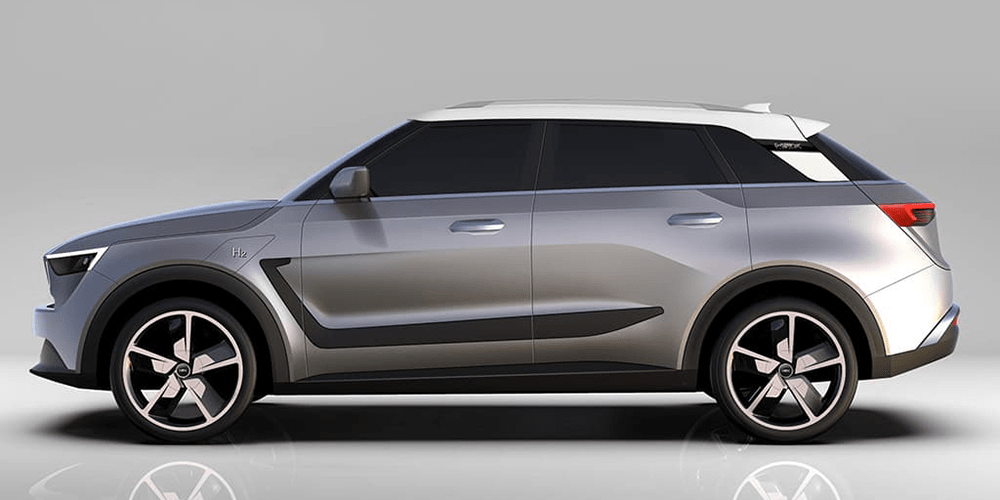
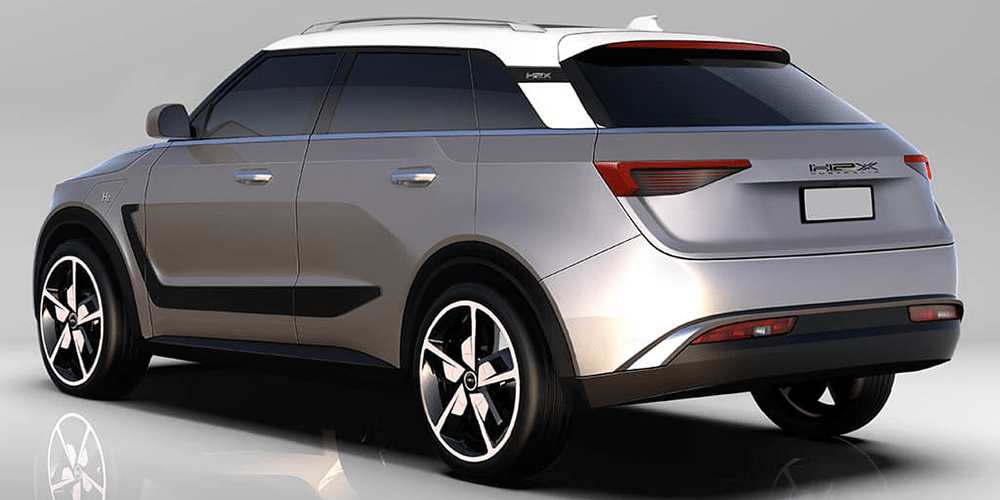
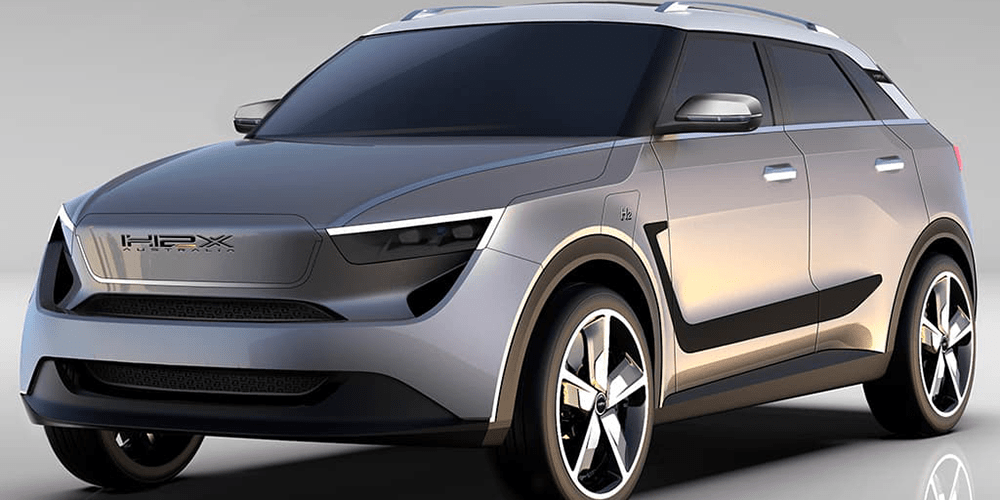
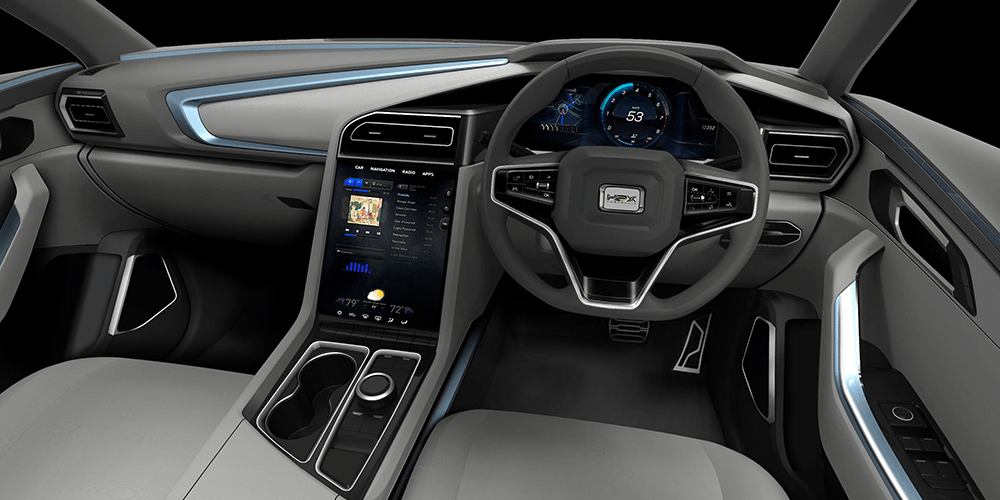
“We have substantial funding already to develop vehicles and get first the couple of vehicles into the market,” Norman told The Driven. “With the development of many green energy projects in Australia at the moment, we have a unique opportunity to bring a significant manufacturing operation back to the country.”
Since General Motors stopped production of Holden cars in 2017 (when Toyota and Ford also closed their local plants), the sunburnt country has not had any local producers to call Australia home. Should H2X be able to implement its plans, this would mean an (electric) restart of the Australian car industry.
H2X says that initially, 80 per cent of the vehicles will be built in Australia. The remaining 20 per cent will be partly made with German technology: The fuel cells are to be supplied by ElringKlinger. The core of the vehicle is to be a chassis pre-assembled in Asia, onto which the body manufactured in Australia will be mounted. With this prefabricated architecture, H2X intends to keep development costs low and also reduce development time in order to bring the vehicle to market earlier.
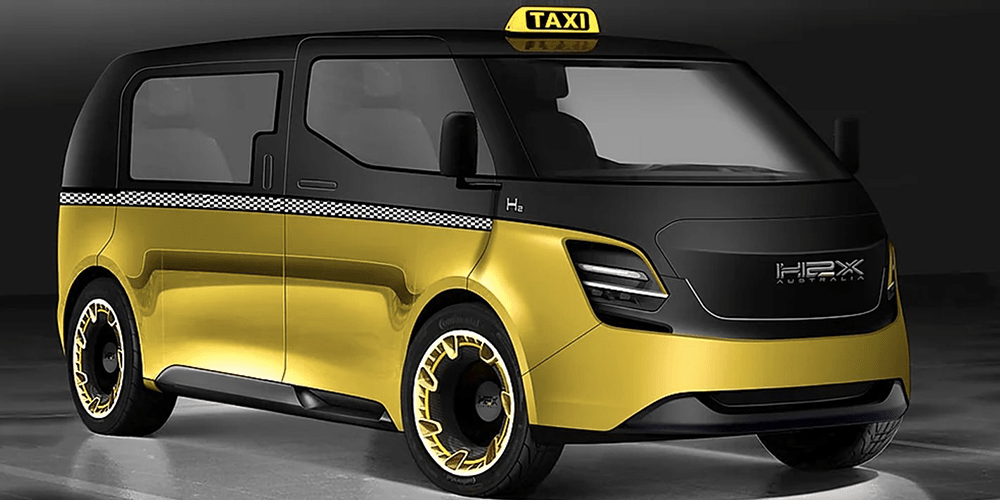
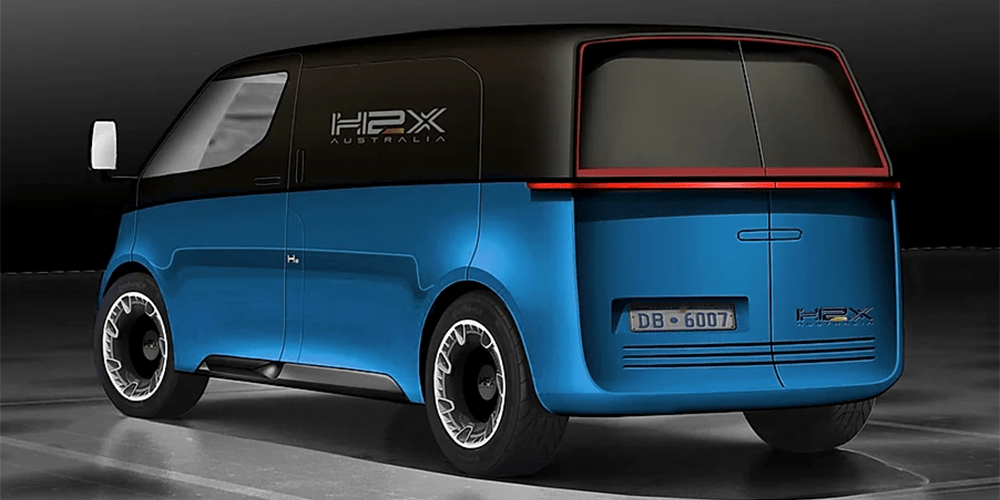
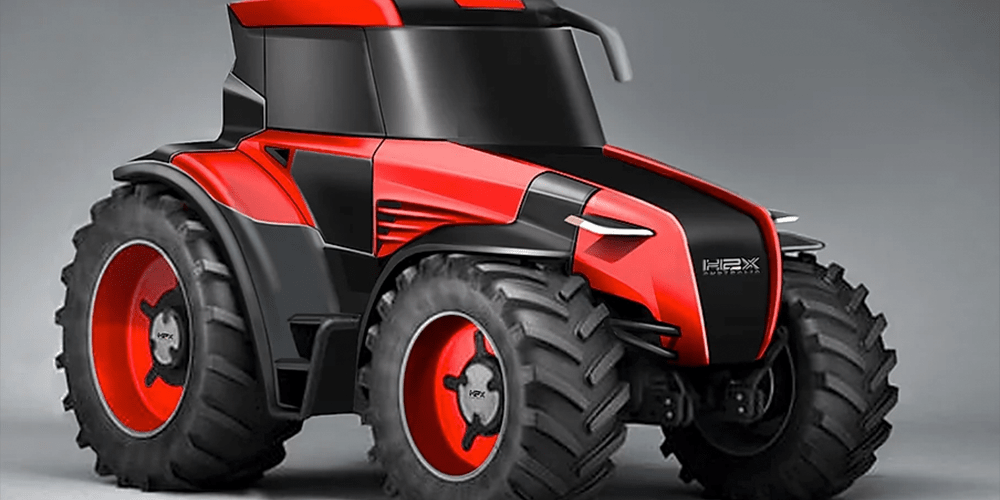
The first technical specifications for the Snowy have already been announced: The electric SUV is to have a 190 kW electric motor on the front axle and be able to accelerate to 100 km/h in 6.9 seconds. ElringKlinger’s fuel cell is to generate 60 kW and be powered by a hydrogen tank with a capacity of 5 kilograms, while H2X is expected to have a range of 650 kilometres according to NEDC. In addition, H2X vehicles are to be equipped with a supercapacitor supplied by Skeleton Tech. The supercapacitor will be used for efficient intermediate storage of energy gained during braking.
The company also presented another innovation called ‘Suspension Energy Capture’. This system is a regenerative suspension that converts the kinetic energy of the chassis into electrical energy.
thedriven.io, carsales.com.au, gizmodo.com.au, h2x.earth, h2x.earth (SUV), h2x.earth (other models)

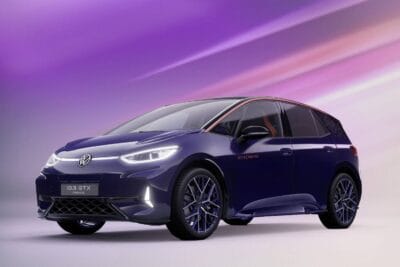
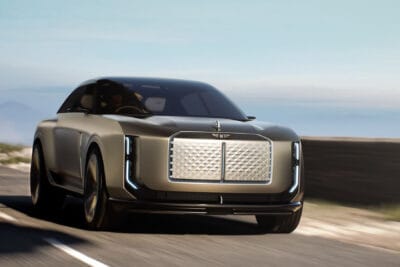
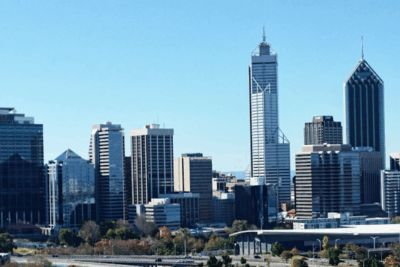
0 Comments